It’s Time to Replace “Prehistory” With “Deep History”
Sapiens
DECEMBER 3, 2024
A team of archaeologists working in Southeast Asia is pushing toward a deeper understanding of history that amplifies Indigenous and local perspectives to challenge traditional archaeological timelines. Humans huddled in caves. Instead, we advocate for “deep history.” Instead, we advocate for “deep history.”

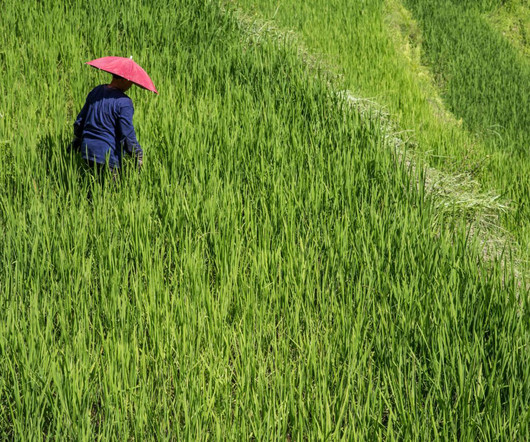

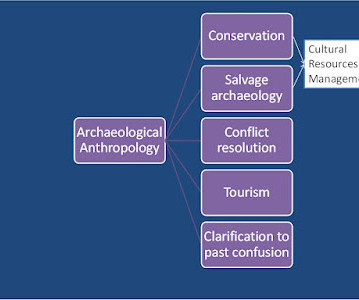
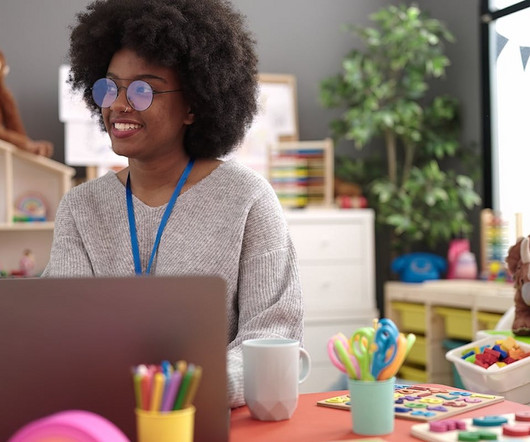

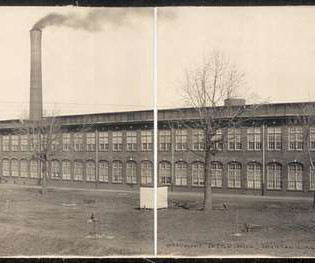




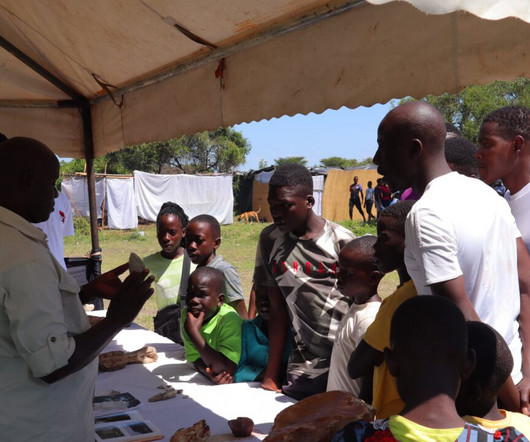







Let's personalize your content